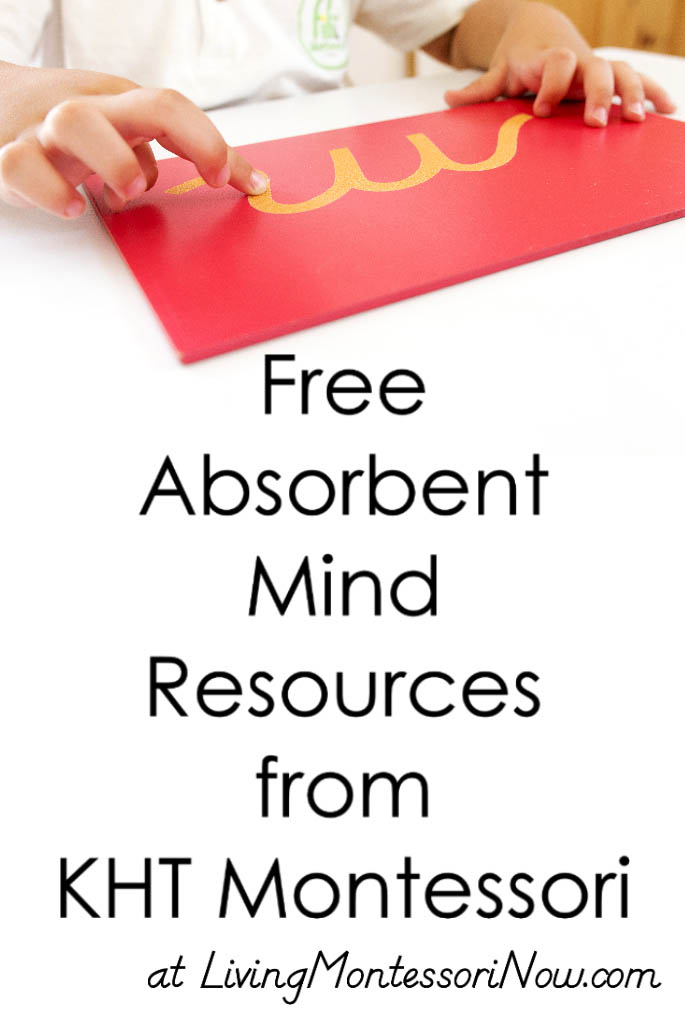
Following their epic chat, Jung took this on through his work as well and became particularly interested in the collective unconscious. What Freud did admit to was the discovery of the scientific method by which the unconscious could be studied. The second is Coleridge’s, Kubla Khan, written after a night spent in an opium induced dream. This was one of two pre-eminent British poems to have been written from the unconscious. On awakening he dictated twenty to thirty lines, before knocking them into shape and into the opening of his acclaimed poem Paradise Lost. He did this by drafting his next poem in his sleep. Indeed in the 1650’s, poet John Milton is said to have set himself a personal mission to quell his reasoning mind so as to improve his poetry. Many praise Freud as being the discoverer of the unconscious but he rebuffed this claim and pointed to philosophers and poets generations before him as the first to tap into the mysterious entity. Sometimes referred to as the unconscious, this human characteristic was not discovered in 1907, but when Dr Freud met Dr Jung in person for the first time that year and they engaged in their infamous thirteen hour conversation, it is fair to say that it became one of the vanguard topics of human civilisation. The direction was inward, and it was towards the subconscious.

No waters were yet to be chartered, and all the continents had been claimed, but there was one direction of exploration which was attracting more attention than it had ever done before. The year Maria Montessori opened her first Casa dei Bambini in San Lorenzo mankind’s urge to explore underwent a profound shift of focus.

An essay by Peter Friend, Elementary Guide.


 0 kommentar(er)
0 kommentar(er)
